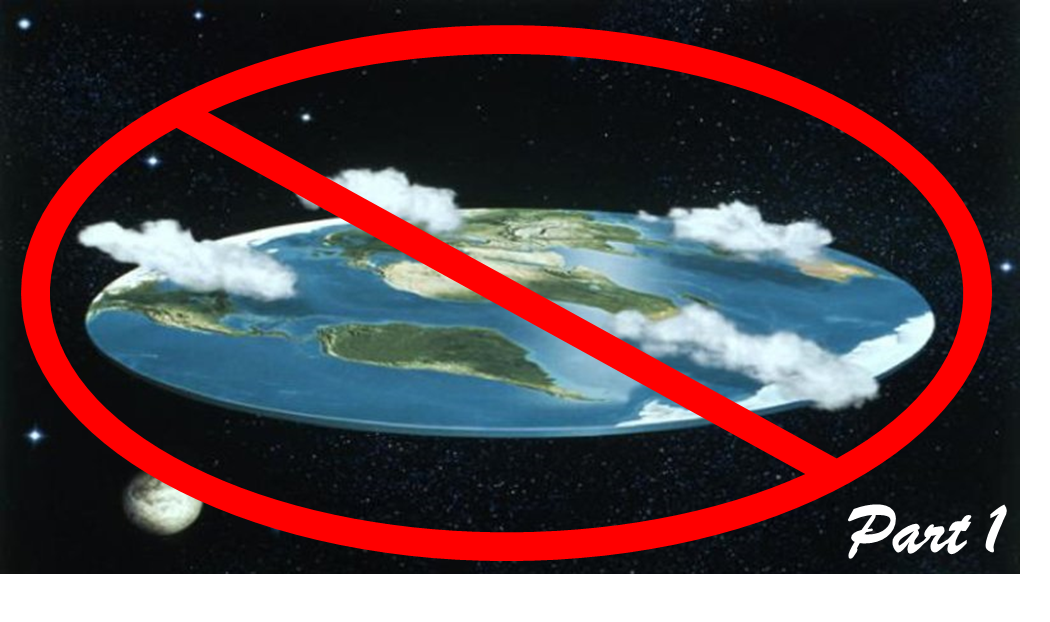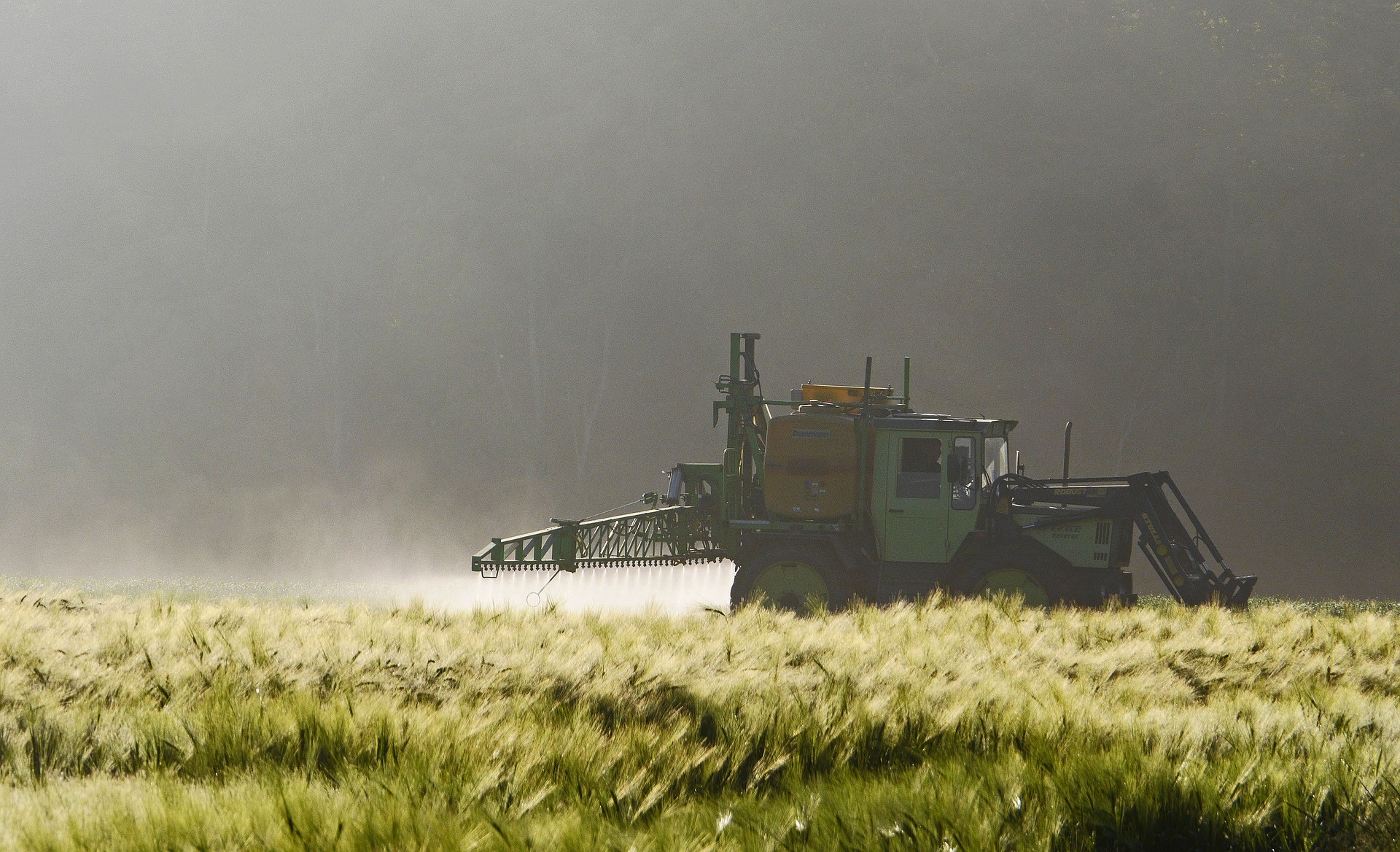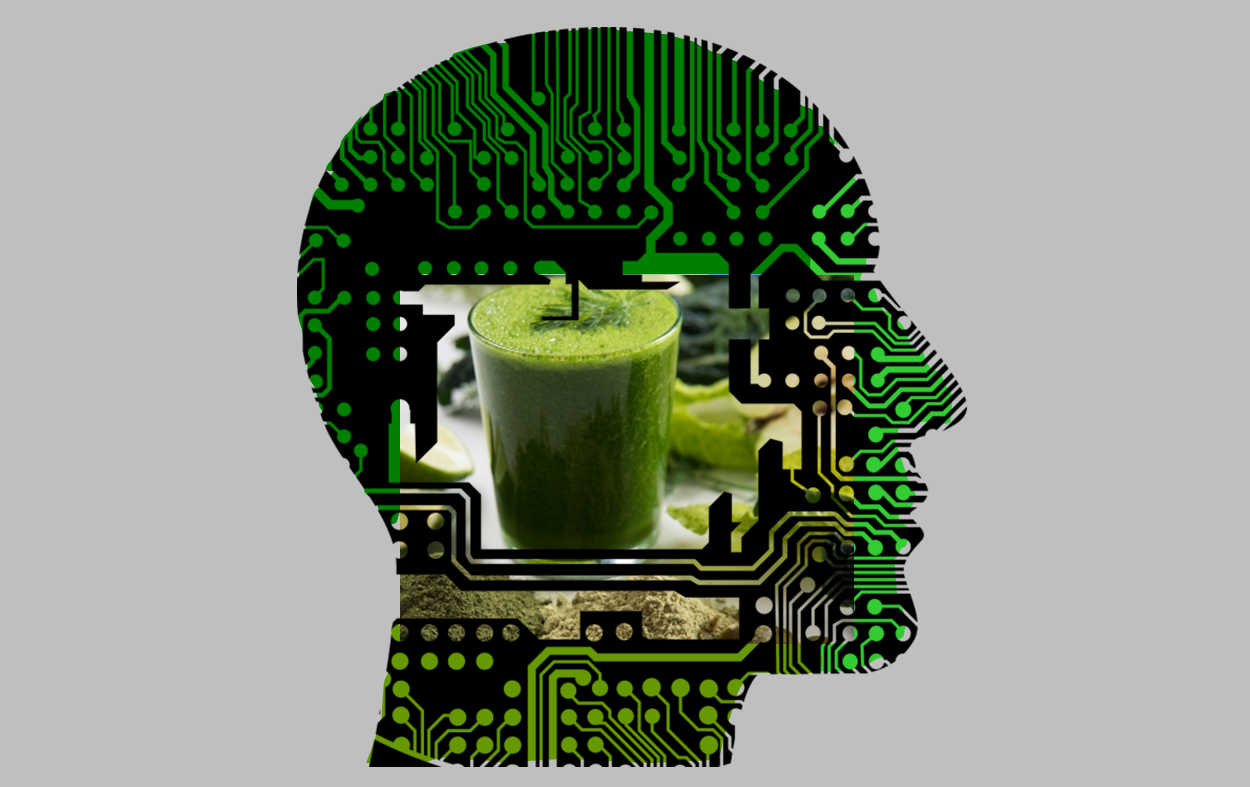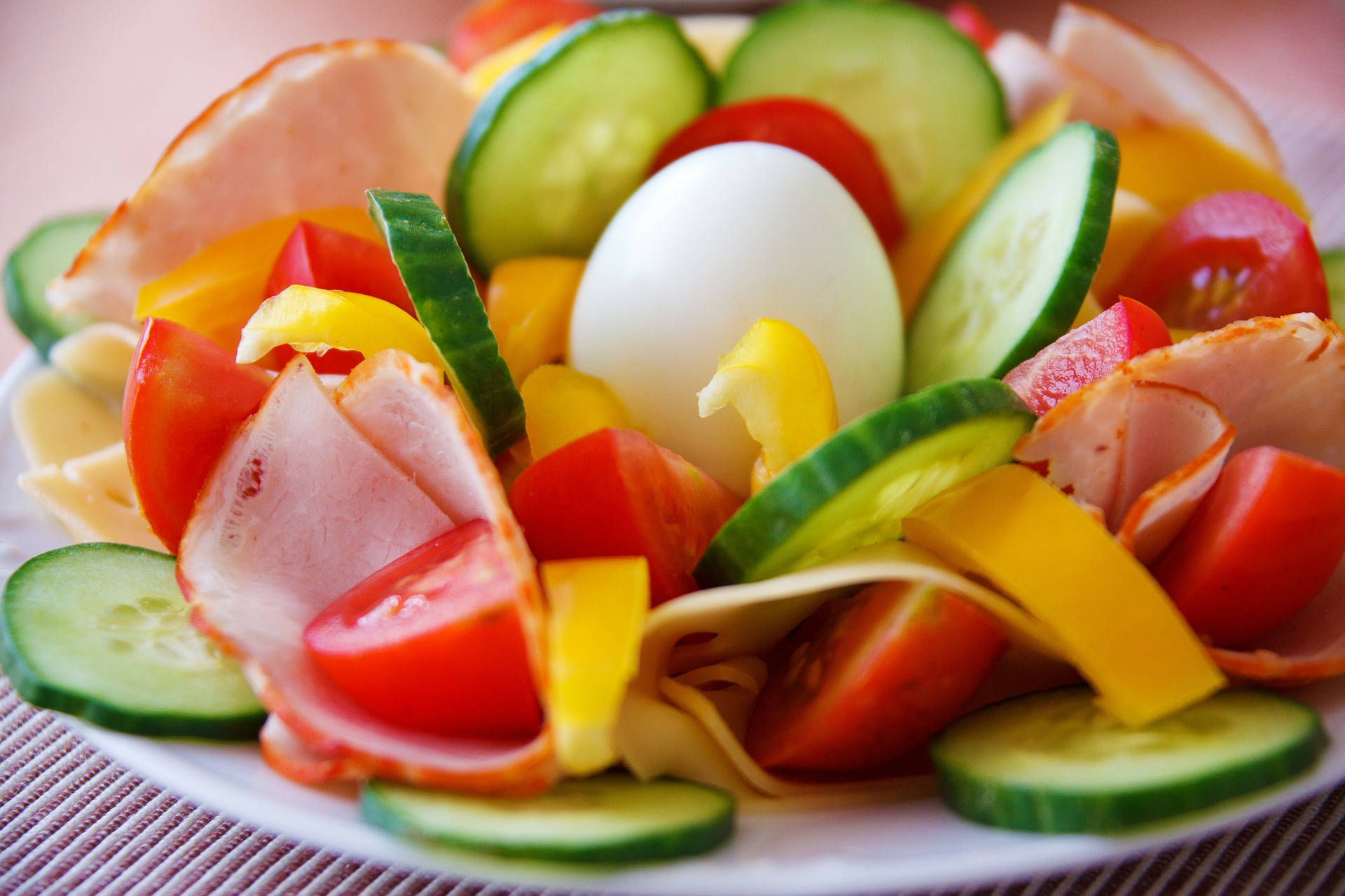Almost everyone knows that the Earth is a sphere. Someday, we’ll be able to drop the “almost” from that sentence. Unfortunately, today is not that day. Two different flat Earth societies have now raised enough money for billboards. First, “The Infinite Plain Society” put up a billboard outside of Philidelphia that says “Research Flat Earth”. Soon afterwards, “The Flat Earth Society”, which somehow has over 80,000 likes on Facebook, probably not all of which are ironic, put up a billboard in Oklahoma that asks the question “Is the Earth flat?”
Just to be clear, the answer to this question is a very definitive “no”.
At UYBFS, we have written about the flat Earth people before. However, the billboards are a distressing new twist to this sad story. The folks at The Flat Earth Society are even claiming to be “persecuted” for their beliefs. “We get accused of being idiots, of doing it for money,” lamented Bob Knodel, a flat-Earther from Denver.
Everyone in this country has the right to “believe” what they want and flat Earthers have the right to talk about their theory too. However, I think persecuted is the wrong word here. Flat Earth is not a religion, a way of life, or value system. It is a statement of implied fact: “I believe the Earth is flat.”Continue reading…
Brian is a young, charming, intelligent professional who graduated from an Ivy League business school. His strong desire to challenge himself and his motivation to succeed have made him the CEO of a small but popular start-up company in San Francisco. However, Brian suffers from general anxiety and obsessive-compulsive disorders, which have worsened ever since his company took off. After trying a variety of antidepressants and anti-anxiety drugs, Brian decides to schedule an appointment with a psychedelic therapist.
“Brian, good to see you! Please come in.” Said Dr. Talbert Doffman, one of the most reputable psychedelic therapists in the state. “I reviewed your file – we have many patients like you. We’ll start you off with psilocybin, a naturally occurring psychedelic compound found in mushrooms.” he added.Continue reading…
- What does “organic” mean? For crops to be advertised as “organic,” they must be grown without the use of most (but not all!) synthetic pesticides, they may not contain GMOs, and no artificial methods may be used for ripening or sterilization. Pesticides derived from natural sources are allowed on GMO crops. For meat, “organic” means the animal was fed 100% organic food and was not routinely administered hormones or antibiotics.
- For multi-ingredient food, there are three “levels” of organic certification in the United States. 100% Organic means that the product is made form 100% organic ingredients. Organic means that at least 95% of the ingredients are organic. It’s a safe bet that the other 5% contains non-organic ingredients, because if it didn’t the company would have tried for the “100% organic” label. Finally, Made with Organic Ingredients means that at least 70% of the ingredients are organic. Again, the rest are likely not.

Pop quiz! The USDA “organic” label means that 95% of the ingredients are organic, and the non-GMO label means that the remaining 5% are not GMO. However, this remaining 5% is not necessarily organic.
OK, now that we have basics covered, one benefit you’ll often hear is that organic food is “safer” or “pesticide-free”. Unfortunately, this is not true. Damn you facts! Always busting up our preconceived notions! Here are the facts:
Welcome to Bad Science on the Internet! Here, we highlight some of the crazy and sometime dangerous stuff people post online, and then give you the facts.
The bad science: There is a viral post making the rounds on Facebook claiming that mixing tomatoes and cucumbers together is “not beneficial to your health”. Several people have asked me about this – thanks, Maureen H!
What do they claim? I’m going to quote the entirety of their argument, because it’s funnier this way:
“Tomatoes and cucumbers have different digestion time and mixing them can cause health complications. The bad food combination can trigger digestive problems such as stomach ache, gas, nausea and bloating. Cucumbers also contain a substance that destroys vitamin C in tomatoes. So it is more beneficial to our health to eat cucumbers without any additions.”
This is actually all over the internet! I found another site that claims this combination could kill you! They make no mention of how this could kill you, but they do say that you should never eat a watermelon with another kind of melon, because “these fruits were meant to be eaten alone, not in combination with any other fruit”. As if the watermelon plant’s feelings might be hurt if you mixed the flesh of it’s fruit that that of another species. That’s melon racism, and it’s not cool.









